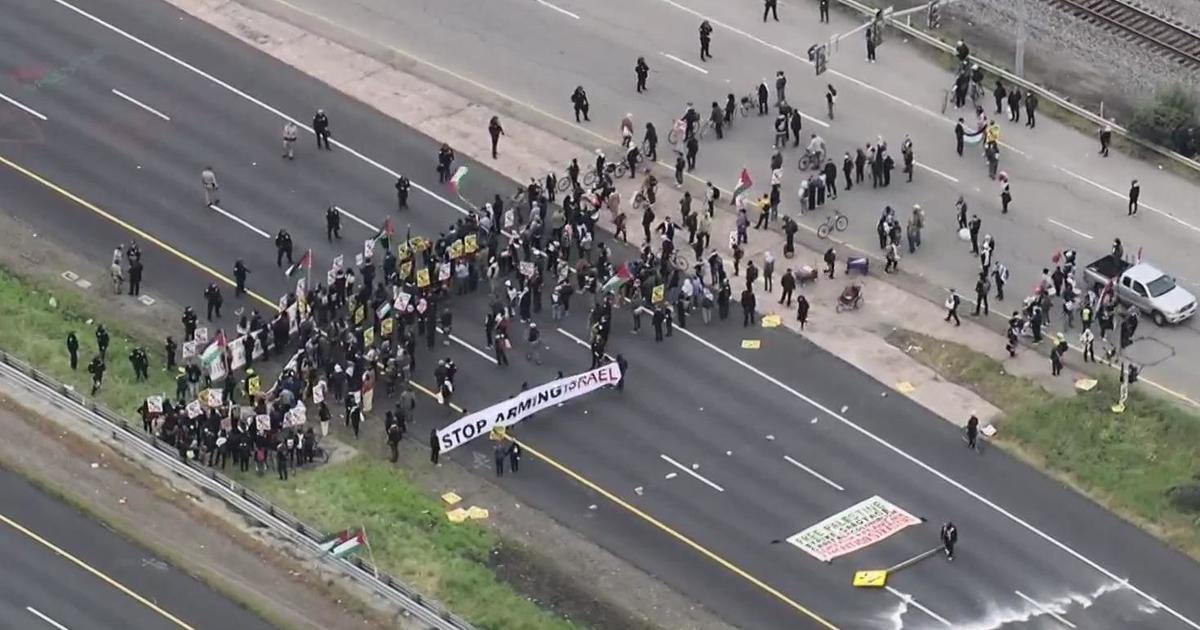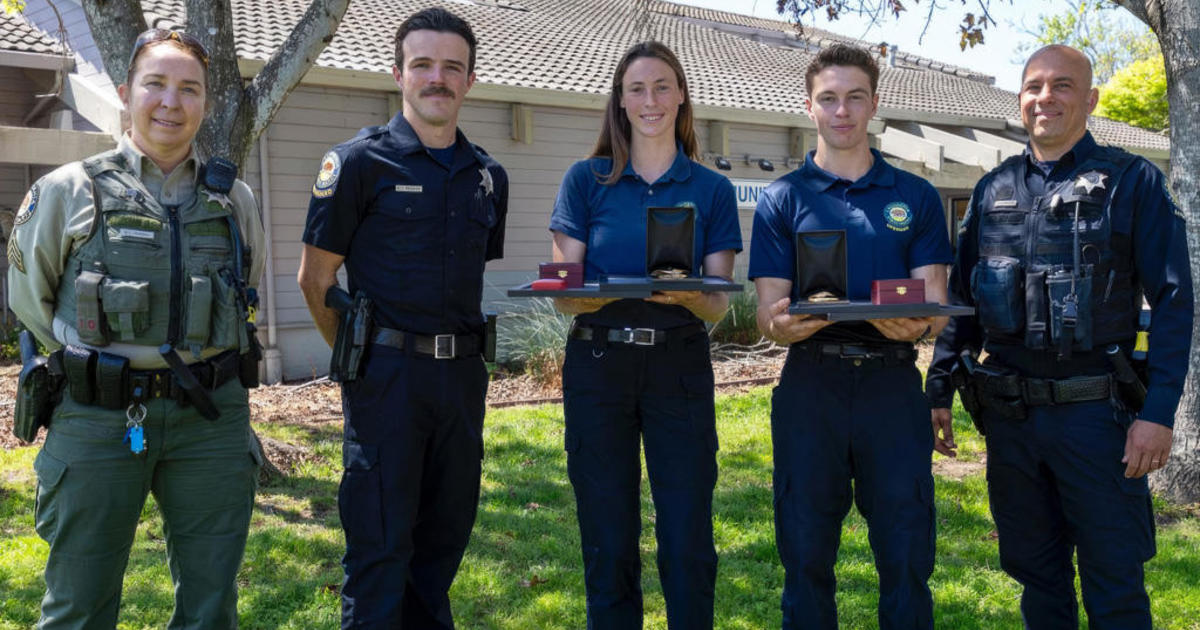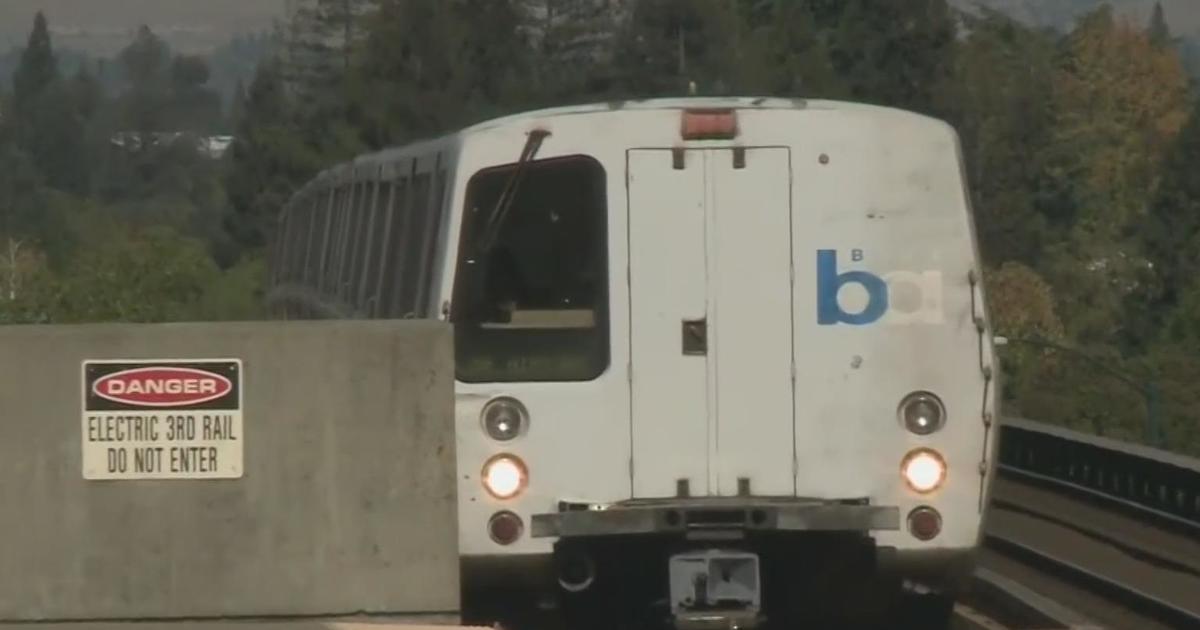Bay Area Economists Weigh In On Whether U.S. Is Headed For Depression From COVID-19
OAKLAND (KPIX 5) -- With new unemployment figures showing 20 million American jobs lost in the month of April alone, KPIX 5 asked two Bay Area experts to explain where the U.S. could be headed at this historic economic moment in time.
"We are definitely in a great recession," said Dr. Jack Rasmus, a professor at St. Mary's College. He added that it does not quite fit the criteria of a depression.
"[It's] an abnormally deep contraction of the economy," said Dr. Rasmus. "But if you look at history, depressions are always associated with financial crashes as well."
The latest employment numbers show 14.9 percent unemployment nationwide for full time workers, but Dr. Rasmus said it's important to remember that the number jumps to 22.4 percent if you include part-time employees.
"During the Great Depression, we had 25 percent, but it took four years," he said. "We're at 22.4 percent and it's only 3 months. So the big question is, will we see financial crashes here some time in the next 6 to 12 months? If so, we will then be in a depression."
It looks like a scene from the 1930s in East Oakland every Tuesday as long lines for a food bank stretch three city blocks.
"These are hard-working people, Bay Area residents, the fabric of our community who have lost their jobs," said Dr. Cesar Cruz, a former Jefferson Award winner.
In April of 2019, KPIX 5 profiled Dr. Cruz's most recent efforts to build a high school.
Now the community learning center on MacArthur Blvd. has turned into a donation center that Cruz calls the "Freedom Store."
"The last time you came, you saw all of our shelves filled with amazing history books. Now it's filled with canned goods, with corn, rice and beans, oatmeal," Cruz said. "We had to trade them in because one of the neighbors said to us, 'I love your books, don't get me wrong. But I can't eat them.'"
"So we had to put our own dreams on hold in terms of building our school and be responsive to the community. If the community needs food, then food is what we need to provide," Dr. Cruz added.
Both experts agreed that, for the people waiting in line at the food bank, the debate over whether it's a recession or a depression is just semantics.
"Yes, it is a depression for them," Dr. Rasmus said. "If you have to line up at a food bank, it's a depression. It's a soup kitchen. The food banks are the modern soup kitchens of the 1930s."
"Government data shows that 80 percent of households don't have even $400 in savings or emergencies," Dr. Rasmus added. "Income inequality is coming home to roost viciously now."
Dr. Cruz says he has been able to run the food bank on the goodwill of the community, but donations are beginning to run out just as the lines are getting longer. Still, he says there is cause for hope.
"This is the new great depression," Dr. Cruz said. "But you don't have to be so depressed about it. If we learned from history, we survived the great depression. And we did so by building a safety net for all. Homies Empowerment is a very humble, small safety net run by volunteers. We will survive COVID-19. But we need to do it interconnected as one human family. As one Bay Area family working together to help each other out.
Cruz said the public is invited to volunteer or donate food to the Freedom Store through the Homies Empowerment web site.



